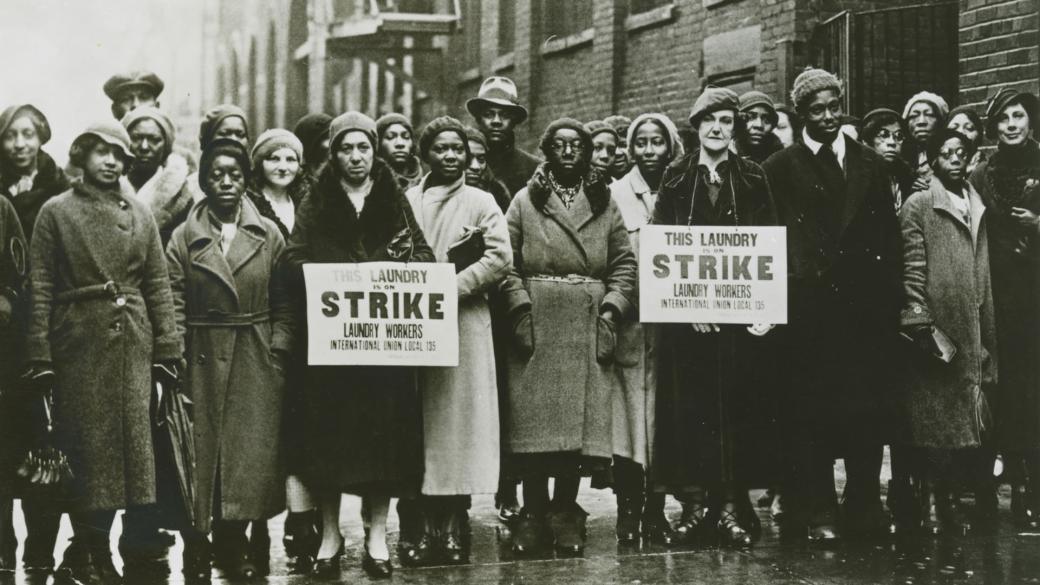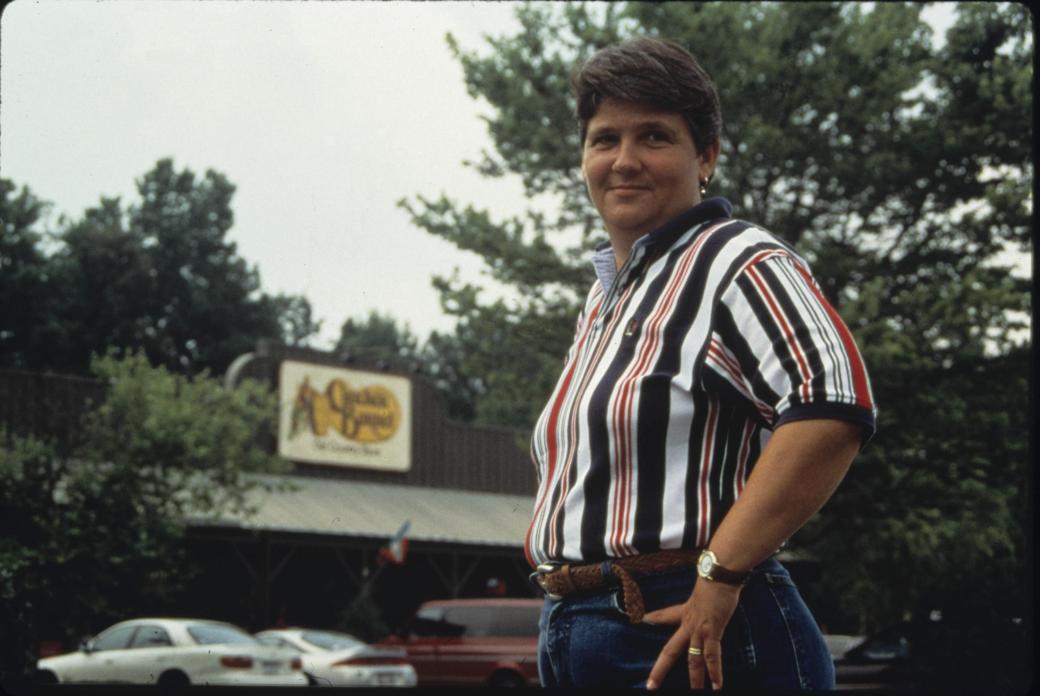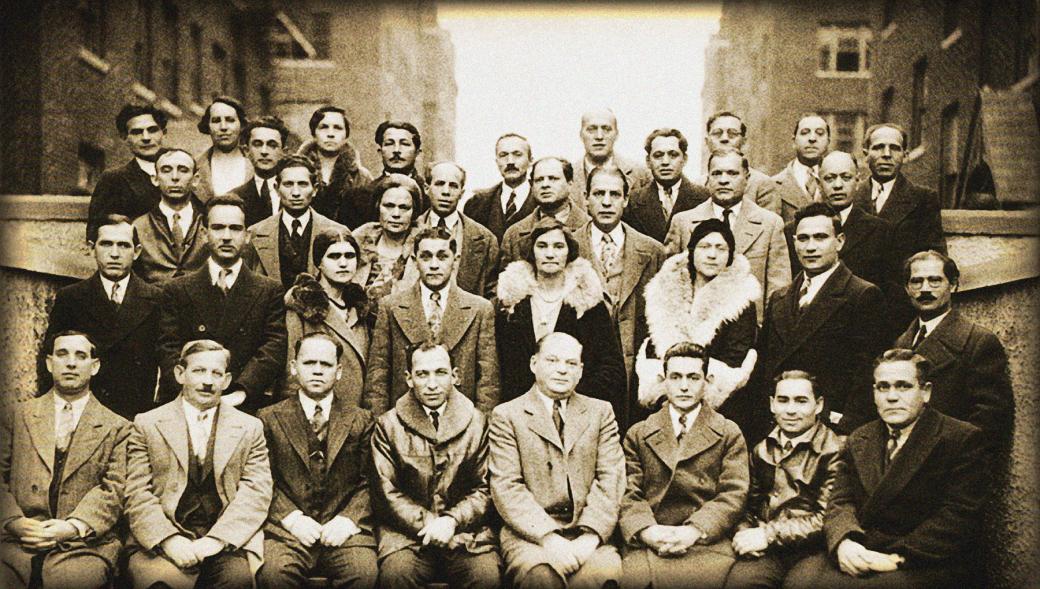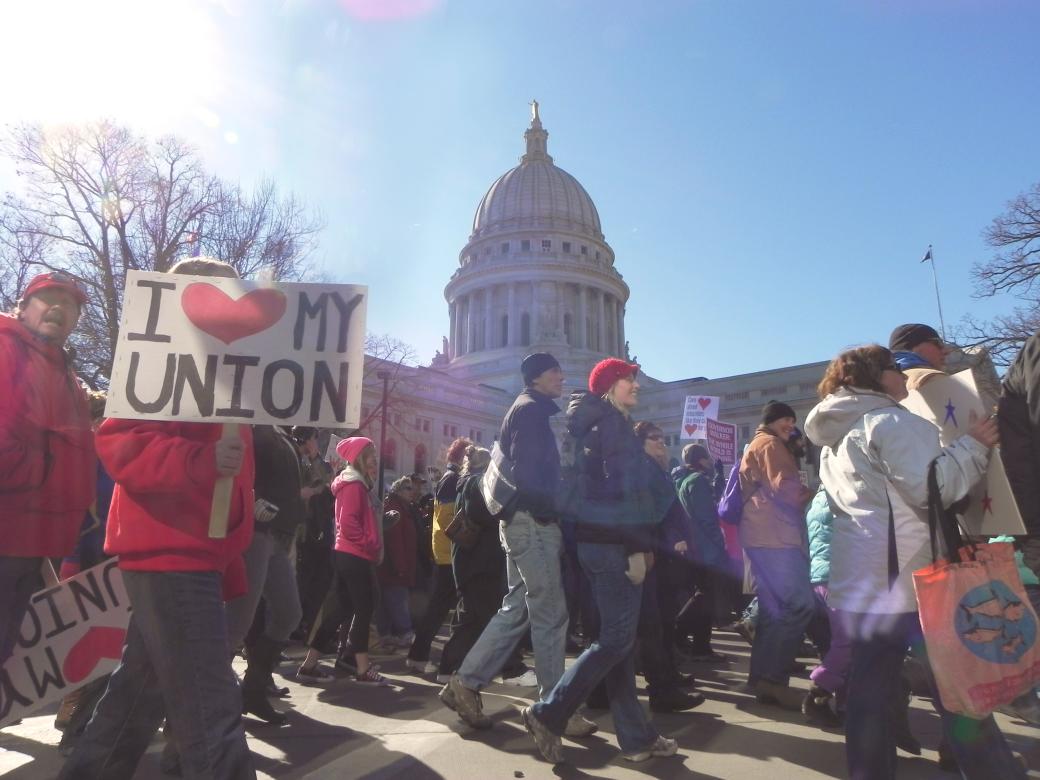New Day on May Day: Films Focused on the Fight for Labor Rights

May Day, also called International Workers’ Day, celebrates the world’s working classes. In the midst of the global coronavirus pandemic, society’s unsung heroes now include grocery store workers, garbage collectors, maintenance crews and of course health care staff. The front lines of their battles may expose them to the deadly virus, often without adequate protective gear or hazard pay. Suddenly our nation depends upon the very people deemed not worthy of making $15 an hour.
New Day Films is proud to offer these thought-provoking documentaries depicting the reality of our nation's vital workers-- so often consisting of the poor, immigrants, women, the LGBT community, and the elderly-- as well as the resurgent fight for labor rights throughout our country's history.
Despite the aches of aging, if we’re lucky we grow old. Serious ailments mean most Americans will need assistance, especially those who want to age at home. The question becomes: who will take care of us?
Care, directed by Deirdre Fishel and Tony Heriza, examines the tender and harsh realities of home-based care. The film exposes the industry’s flaws that pay providers poverty wages while draining clients’ budgets. The difficult questions the documentary raises are meant to avert an elder care crisis.
Care shares the touching stories of three home-based providers and their clients. It focuses on how we take care of each other. The film leaves the viewer to wonder how we will honor the needs of aging loved ones and the needs of those who tend to them.
In 1966 President Clinton signed welfare reform legislation slashing support for the poor. New York Mayor Giuliani seized the opportunity to eliminate his city’s welfare rolls. In the guise of advancing “dignity” and ending dependence, he implemented the Work Experience Program (WEP), requiring all able-bodied welfare recipients to take work with the city or non-profit agencies.
In A Day’s Work, A Day’s Pay, filmmakers Kathy Leichter and Jonathan Skurnik chronicle the real-life impact of misguided social policy. The film follows the personal and political trajectories of three characters. Their stories reveal WEP workers being paid a quarter of the wages of city employees doing similar jobs. The program provides no benefits, educational opportunities or childcare. Consequences for grievances could be banishment from the program.
The film offers uplift, as the characters transform from the system's victims to empowered citizens through personal activism.
Through the stories of Juan and Ramon and the relocation of their downtown day labor site to a residential neighborhood, Los Trabajadores/The Workers explores the contradictions of America’s hypocritical history of dependence on and abuse of immigrant labor. Within the framework of economic and socio-political issues, Heather Courtney's film follows Juan and Ramon for three years. As their day labor site settles into a residential community, misconceptions leading to discrimination are exposed. Ramon, a Mexican father of two, humanizes the controversy when he says, “I came here illegally and this is against the law of the United States. But it is not against… the law of my family.” Ramon contends, “Even if they’re American, they can’t tell me I can’t work to support my family.”

Strikes, scabs, goon squads, unemployment, hunger marches, red baiting and finally the energetic birth of the Congress of Industrial Organizations (CIO): the 1930s were a landmark period for the American labor movement. Union Maids is the story of Sylvia, Stella and Kate who lived that history. Through the innovative use of oral story-telling and ample National Archive footage, filmmakers Jim Klein, Julia Reichart and Miles Mogulescu chronicle the struggle to organize industrial unions.

In 1992 Cheryl Summerville, a cook at a Cracker Barrel restaurant in Georgia was fired for “failing to demonstrate normal heterosexual values.” At the time it was legal in 40 states to dismiss employees for their sexual orientation. In Out at Work, filmmakers Kelly Anderson and Tami Gold follow three workers who seek workplace safety, job security and benefits for gay and lesbian employees.
The documentary depicts what transpires when LGBT individuals are not protected from employment discrimination. Out at Work lays bare the lie that gay rights are somehow special with stories both ordinary and inspiring.

At Home in Utopia by Michal Goldman takes us inside an extraordinary apartment complex in New York, built by immigrant Jewish factory workers in the 1920s as a cooperative and designed to show the world how working people could live. Slammed by the Depression as individuals, collectively they saw themselves as part of a mighty world-wide movement. The great ideological convulsions of their time played out in the kitchens and courtyards of the Coops, where in the 1930s, dreamers, organizers, and above all Communists pushed for racial integration, challenging the Coops’ status as an ethnic bailiwick and offering a new vision of what life in America could be. They celebrated their power on May Day, when every child stayed out of school so that parents and children could march together with hundreds of thousands of workers around the world. Yok Ziebel , a “Coopnik” then in his early 80s, brought this feeling of pride alive for the film’s director, Michal Goldman, when he remembered his mother telling him as a child, “May Day is a workers’ holiday, and you are a worker’s son.”
This story has resonance for current working immigrants who are concerned with immigrant rights, labor rights and affordable housing, as well as for a new generation of passionately committed young activists who are organizing against a capitalist system that is once again in crisis. The film will also be intriguing to the growing numbers of Americans who self-identify as racially mixed, for whom not much programming yet exists.

In the spring of 2011 Wisconsinites staged a historic occupation of the state capitol. Tens of thousands of people protested for two weeks to oppose newly elected Governor Walker’s signature legislation to cripple collective bargaining for public sector workers.
Divided We Fall documents the resistance to an anti-labor and austerity agenda. Through the prism of graduate teaching assistants at the heart of the action, sociologist-turned-filmmaker Katherine Acosta exposes both the common goals and conflicting tensions of the diverse social movement. Weaving original in-depth interviews with dramatic citizen-produced video and photos, the filmmaker weaves a compelling narrative.
Learn more about New Day's complete collection on Labor Studies.

